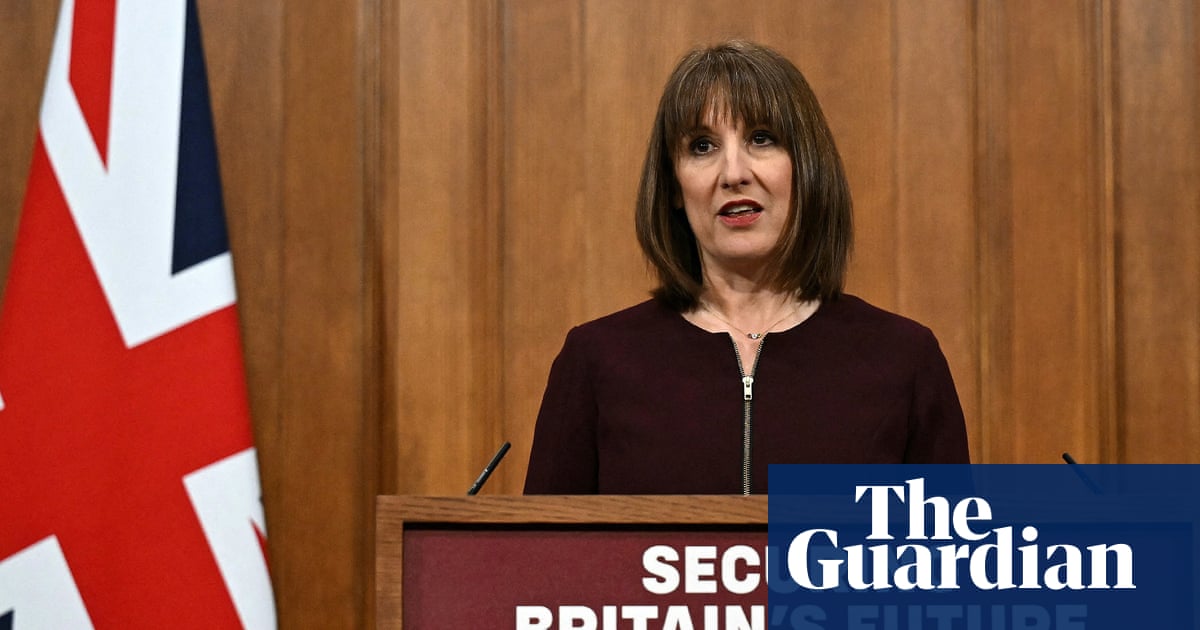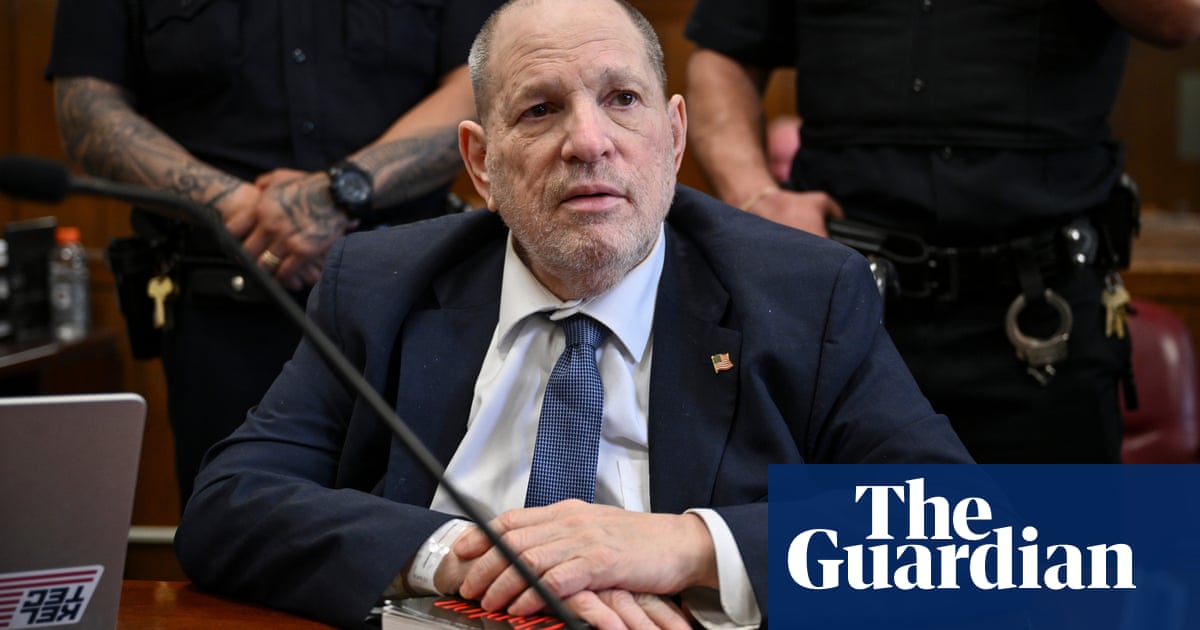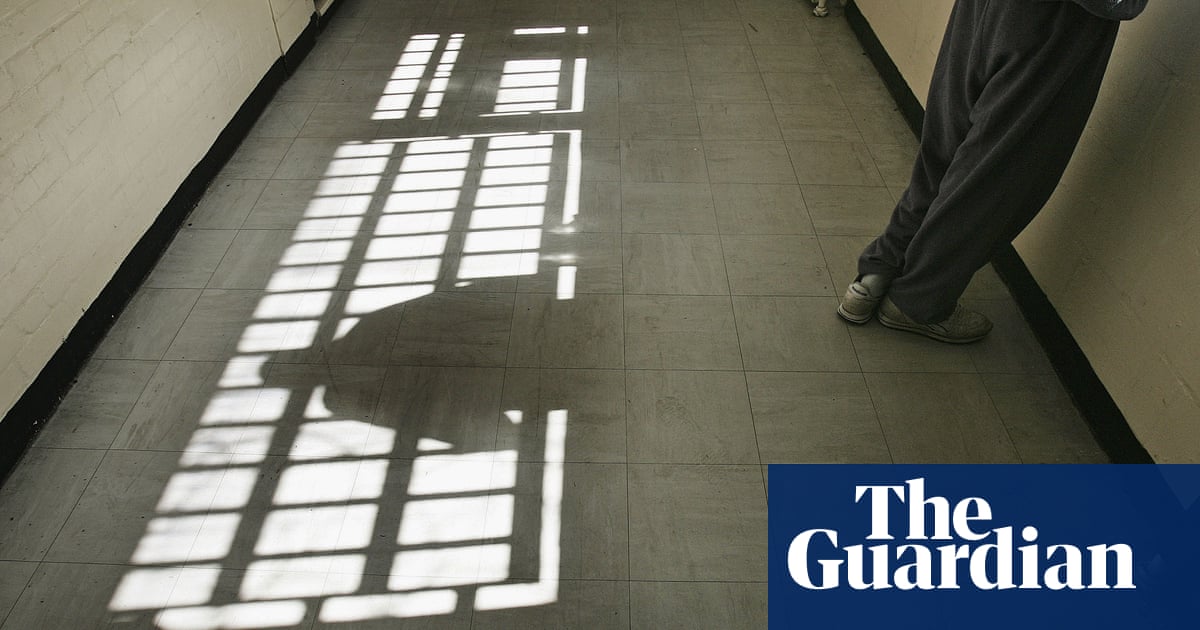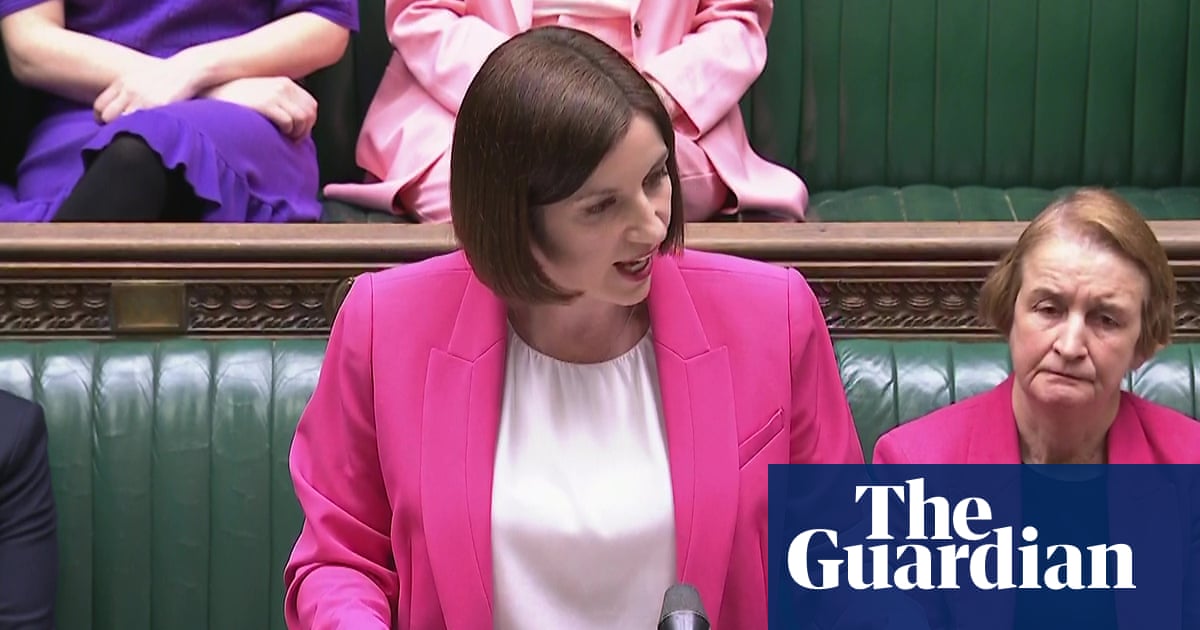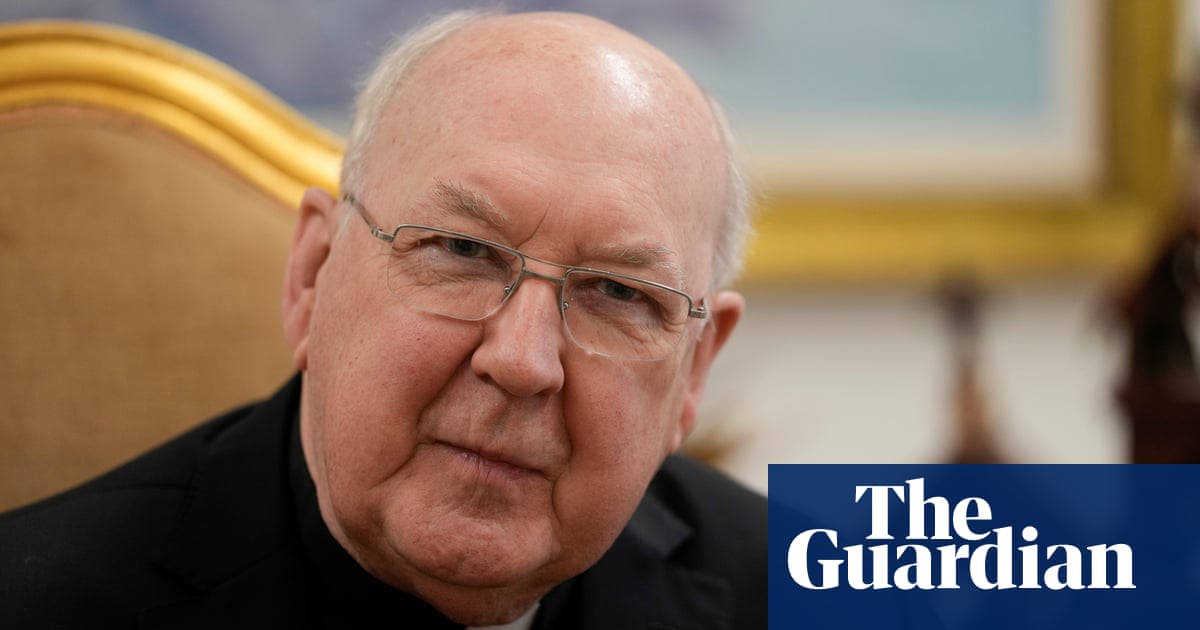Teachers at sixth-form colleges in England should not be missing out on the 5.5% pay rise awarded to their colleagues across the state school sector. That up to 4,000 of them will do so, unless the government agrees to fund a backdated increase, is due to the messy patchwork of 16-18 education – with some sixth forms operating as academies and others colleges. It is deeply dismaying that ministers are disregarding the brazen injustice of a rise offered to some teachers but not all.
Unless they change course and increase the offer made in December, when they were threatened with a judicial review, the result will be more strikes by the National Education Union (NEU) – and more missed learning for teenagers. The situation is made even more jarring by the emphasis in the children’s wellbeing bill on ensuring a level playing field between schools in England – with academies obliged to follow the national curriculum and pay scales from which they have so far been exempted. There is no good reason why sixth-form colleges should be left out of this wider levelling-up project, with their staff denied the raise granted to other teachers.
Under Gillian Keegan, Bridget Phillipson’s predecessor as education secretary, colleges were funded to award a staff pay rise on a par with schools. Given that colleges educate a disproportionately high number of 16- to 18-year-olds from less affluent homes, and offer a broader range of qualifications than many schools (including GCSE resits), it is astonishing that a Labour government is now treating them less favourably than the Conservatives by refusing to spend an additional £13m.
This dispute matters because the creation of a lower-paid, second-class college workforce is regressive. But the attitude of ministers raises wider questions too. Schools always gobble up the lion’s share of an education secretary’s attention. Thanks in part to disastrous choices made by the Conservatives, Ms Phillipson has inherited a very difficult set of challenges. These include the crisis in special educational needs provision and the knock-on effects of worsening child poverty. But as Philip Augar, who was commissioned to review post-18 education by Theresa May, argued in 2019, England has a terrible habit of neglecting teenagers who are not destined for highly selective universities. This ingrained lack of interest in the education and prospects of the majority is one reason for the UK’s record of poor productivity and high inequality.
The danger is that Labour now falls into the same pattern. The reprieve granted to sixth forms regarding the proposed scrapping of applied general qualifications (including BTecs) came as a relief in December. So did the belated acknowledgment by the skills minister, Jacqui Smith, that T-levels have not worked out as planned. Rules are being changed after the promise of 45-day industry placements proved impossible to fulfil.
But despite these concessions, and a more generous timeline, the Conservative policy of replacing other applied qualifications with T-levels remains in place. Combined with official intransigence with regard to the curriculum, the decision over pay sends a worrying message about priorities. It remains to be seen what Ms Phillipson’s curriculum review will recommend in terms of sixth-form studies. But she should not need experts to tell her that widening the gap between the pay and conditions of teachers in schools, and teachers in colleges, is a very bad idea indeed.

.png) 2 months ago
32
2 months ago
32



